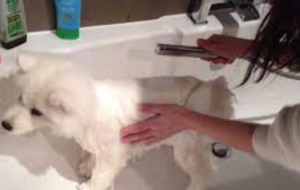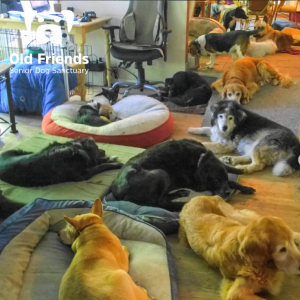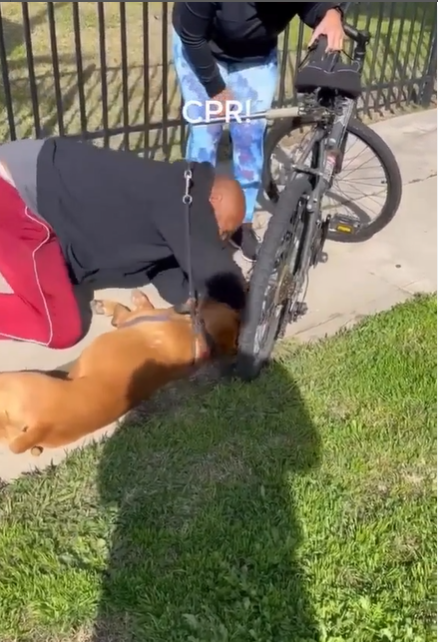Best Way To Handle Your Dog Health Care
Your dog’s health care is very important in every aspect of their life and yours. No dog lover wants to have a sick sick-looking dog at home who is not energetic or has the ability to play around when needed. As dog lovers, our joy comes when we see our dogs play around in the field or at home. We will be learning how best to better take care of our dog’s health and the things we need to do whenever our dog develops any health issues.
Dog Health Care
Dogs are beloved companions that bring joy and unconditional love into our lives. As their owners, we are responsible for providing them with the best possible care, including maintaining their health and well-being.
This comprehensive blog post will cover everything you need about dog health care, from preventive care to common illnesses and injuries. We will also discuss how to keep your furry friend happy and healthy throughout their life.
Preventive care
The best way to keep your dog healthy is to provide regular preventive care. This includes annual wellness checkups, vaccinations, and parasite prevention.
Vaccinations help protect your dog from serious diseases, such as rabies, distemper, parvovirus, and hepatitis. Parasite prevention is also essential, as parasites can cause various health problems, including anemia, weight loss, and diarrhea.
Common illnesses and injuries
Dogs are susceptible to a variety of illnesses and injuries. Some of the most common include:
- Kennel cough: This is a respiratory infection that is highly contagious among dogs. A combination of viruses and bacteria causes it. Kennel’s cough is typically mild and resolves independently within a few weeks. However, in some cases, it can lead to more severe complications, such as pneumonia.
- Ear infections: Ear infections are common in dogs, especially those with floppy ears. Bacteria, yeast, or allergies can cause them. Symptoms of an ear infection include itching, redness, and discharge from the ear.
- Skin allergies: Many dogs suffer from skin allergies. Various things, such as food, pollen, and fleas, can cause these allergies. Skin allergies can be very itchy and uncomfortable for dogs.
- Digestive problems: Digestive problems can be caused by various things, such as eating something they shouldn’t, parasites, or food intolerance. Symptoms of digestive problems include vomiting, diarrhea, and loss of appetite.
- Joint problems: Joint problems are common in older dogs. They can be caused by arthritis, hip dysplasia, or other conditions. Joint issues can lead to pain and lameness.
If you notice any signs of illness or injury in your dog, you must immediately take them to the veterinarian. Early detection and treatment are necessary for a good prognosis.
Nutrition
Diet is an essential part of dog health care. Feeding your dog a nutritious and balanced diet will help them maintain a healthy weight, support their immune system, and reduce their risk of developing chronic diseases.
When choosing a dog food, selecting one appropriate for your dog’s age, breed, and activity level is essential. It would help if you also looked for a food that is high in protein and low in carbohydrates. Avoid foods that contain artificial ingredients, fillers, and preservatives.
Exercise
Exercise is also essential for dog health care. Regular exercise will help your dog maintain a healthy weight, build muscle, and reduce stress.
The amount of exercise your dog needs will vary depending on their age, breed, and overall health. However, most dogs need at least 30 minutes of exercise per day. You can provide exercise by taking your dog for walks, playing fetch, or going to the dog park.
Grooming
Regular grooming is essential for keeping your dog clean and healthy. It also helps to reduce shedding and prevent matting.
The frequency of grooming will vary depending on your dog’s breed and coat type. However, most dogs should be brushed at least once a week. It would help if you also bathe your dog regularly, but be careful not to over-bathe, as this can strip their skin of its natural oils.
Dental care
Dental care is another essential part of dog health care. Brushing your dog’s teeth regularly will help to prevent plaque and tartar buildup, which can lead to gum disease and tooth loss.
It would help to brush your dog’s teeth at least three times per week, but daily brushing is ideal. Use a dog-specific toothbrush and toothpaste. You can also give your dog dental chews or toys to help keep their teeth clean.
Other tips
Here are some additional tips for keeping your dog healthy:
- Please keep your dog up-to-date on their vaccinations and parasite prevention.
- Feed your dog a nutritious and balanced diet.
- Provide your dog with regular exercise.
- Groom your dog regularly.
- Brush your dog’s teeth regularly.
- Take your dog to the veterinarian for annual wellness checkups.
Following these tips can help your dog live a long and healthy life.





